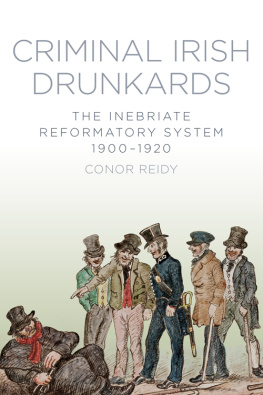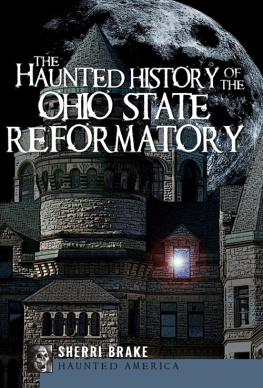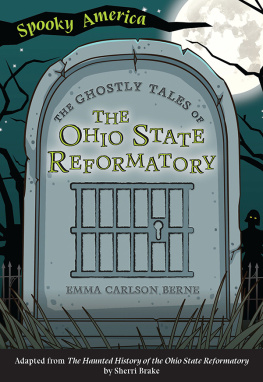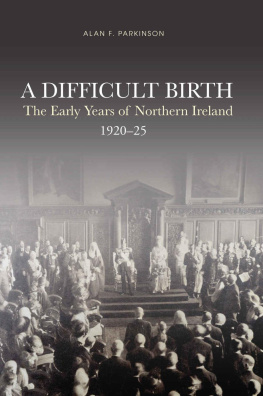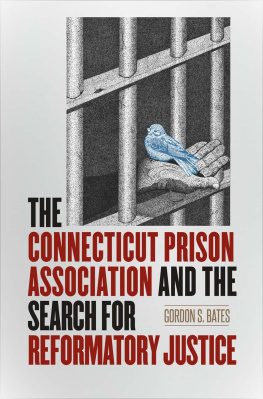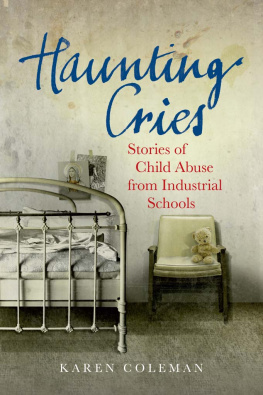
Dedicated to my wife Kathleen
Many individuals and organisations have assisted me through this journey. Professor Bernadette Whelan continues to be generous with her advice and unyielding in her support and I am grateful for her guidance. I thank the members and staff of the Department of History at the University of Limerick for their ongoing help.
I would like to acknowledge the assistance of a number of repositories. I am grateful to the National Archives of Ireland, particularly the Reading Room staff, for their patience. I remain indebted to Gregory OConnor who was generous with his advice and time. Thanks are also due to the National Library of Ireland, the Public Records Office of Northern Ireland, the Local Studies Centre at Clare County Library, and Waterford City Archives. Profound thanks are due to those who read and commented on various portions of the book, including Dr Odette Clarke, Dr Elaine Farrell and Dr Mary McCarthy. I am grateful to Beth Amphlet and The History Press Ireland for putting their faith in this book. Any mistakes are my own.
I greatly appreciate the kind support and affirmation provided by friends and colleagues who are friends, sounding boards and sometimes collaborators. Deep gratitude to Brendan Crawford, Dr Mary McAuliffe, Professor Anthony McElligott and as always to Ellen Murphy. To everyone I met along the way on Church Road, you know who you are and are too numerous to name, and you continue to provide distraction and laughter. I am indebted to the students with whom I have been fortunate to work during the past few years for their insights, their humour and for keeping me sharp. Deep and sincere thanks to Marian Dixon, Mary McGrath, Kismet Noonan and Emer Walsh. They know why.
To my parents John and Betty Reidy and my family to Gerard and Heather Reidy, San and Joanne Reidy and my niece Amy, thank you. To my wider family, Michael Healy, Maura Reidy, Ellen Healy, Cit Healy, Kevin and Edel Copeland, Brendan Murphy, Nicola Mahon, Declan, Patricia and Cathal Fitzpatrick, my aunt Margaret Kennedy and my uncle Matthew Reidy, thank you also.
As always my warmest thanks go to my wife Kathleen for her continued strength, patience and work as an unpaid research assistant and full-time inspiration. Thank you.
Contents
1814 | Dr Donald Dalrymple is born in Norwich |
1834 | Select Committee Inquiry into Drunkenness |
1854 | Directors of Convict Prisons (Ireland) is formed |
1873 | Dalrymple dies suddenly |
1876 | Society for Promoting Legislation for the Control and Care of Habitual Drunkards is formed in Britain |
1877 | The General Prisons Board for Ireland is established |
1879 | Act to facilitate and control the cure of habitual drunkards is passed |
1884 | Society for the Study and Cure of Inebriety is founded |
1894 | Irish Womens Temperance Union (IWTU) is founded |
1895 | Publication of the Report of the Departmental Committee on Prisons |
1899 | The State Inebriate Reformatory for Ireland is established in Ennis |
1900 | The first inmate is received in Ennis on 7 June |
1902 | The Lodge inebriate home opens in Sydenham Avenue in Belfast |
1903 | The Lodge is certified under the Inebriates Act 1898 and becomes Irelands first inebriate retreat |
1903 | British Journal of Inebriety is first published |
1906 | St Patricks Certified Inebriate Reformatory for Roman Catholic Men in Waterford is certified on 29 March; the reformatory receives its first inmate on 1 August |
1907 | The Lodge moves to Irwin Avenue in Belfast |
1908 | St Brigids Certified Reformatory for Roman Catholic Women opens in the former local prison in Wexford |
1910 | After an almost 2-year delay, St Brigids begins receiving inmates |
1913 | The Lord Lieutenant accepts notice of the surrender of the licence for St Patricks in December |
1914 | The licence for St Patricks is finally surrendered on 31 March |
1918 | It is announced in January that St Brigids will surrender its licence; the reformatory closes down in May |
1918 | Military personnel are in partial occupation of the State Inebriate Reformatory during June and July |
1918 | On 4 October the last inmates are transferred from the State Inebriate Reformatory in Ennis to Cork prison |
This idea for this book arose when I discovered the existence of the inebriate reformatories during my previous study of the borstal system. Like that work, this book aims to uncover something of the lives of the people who passed through these institutions and record their place in history. The book does not engage to a large extent with contemporary medical debates or the history of the temperance movements in Ireland. Instead it aims to understand the world of those who were unfortunate enough to find themselves at the mercy of an institutional system that was powerless to repair their broken lives.
An examination of the sources of information on the State Inebriate Reformatory for Ireland provides the opportunity for a deep study of criminal drunkards in the early twentieth century. This includes a glimpse into their socio-economic background, criminality and a domestic life that was often marked by turmoil. It is important that I clarify a number of matters regarding the analysis in this book. It has been significantly easier to research the reformatory in Ennis than those in Belfast, Waterford and Wexford. The state institution in Ennis was administered by the General Prisons Board (GPB), an arm of the government and the generator of a mass of bureaucratic correspondence that survives in the National Archives of Ireland and provides an enormous opportunity for historians to examine the countrys penal history. Practically, from the point of view of the historian, the collection of correspondence presents a number of challenges that make research and referencing somewhat laborious. The GPB correspondence is unwieldy in its organisation, something that is in no way the fault of the National Archives but instead is a reflection of the way the material was originally filed by the authorities in Dublin Castle. This necessitates the adoption of a somewhat unique referencing system when citing documents from the GPB correspondence.
A further word on analysis and sources is necessary. Due to the rich nature of GPB sources, a fairly thorough analysis of Ennis and its inmates is possible. This is not the case for the other three institutions. No similar archive of sources for either the two reformatories or the retreat could be located. Registers of inmates for the certified institutions at Waterford and Wexford do survive in the National Archives but have not stood the test of time and are in poor condition. I have, therefore, sought alternative sources in an attempt to deepen our understanding of the three lesser institutions. How successful I have been is for others to judge, but I feel it is better to present an analysis with some unavoidable gaps than present none at all.
Next page
